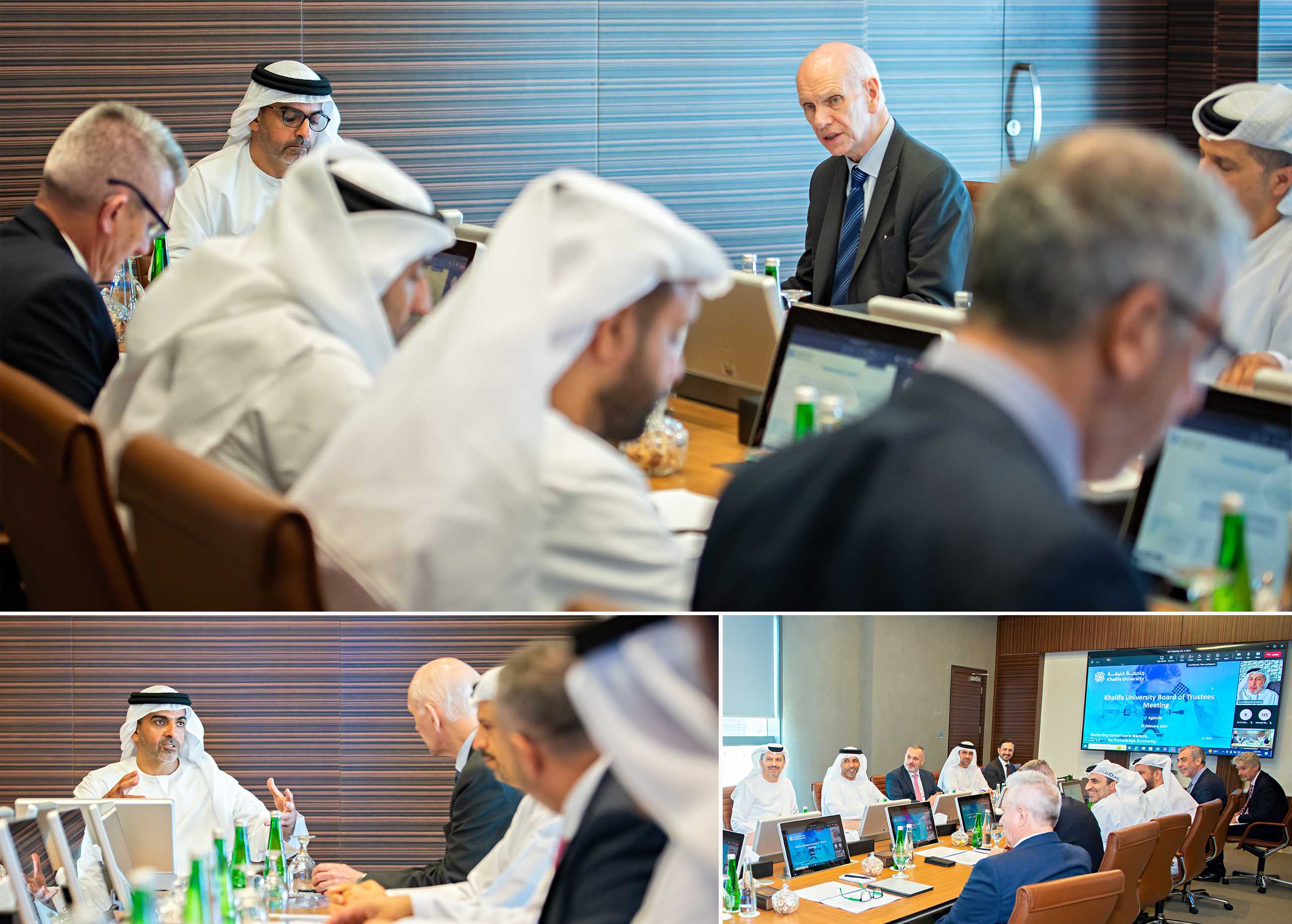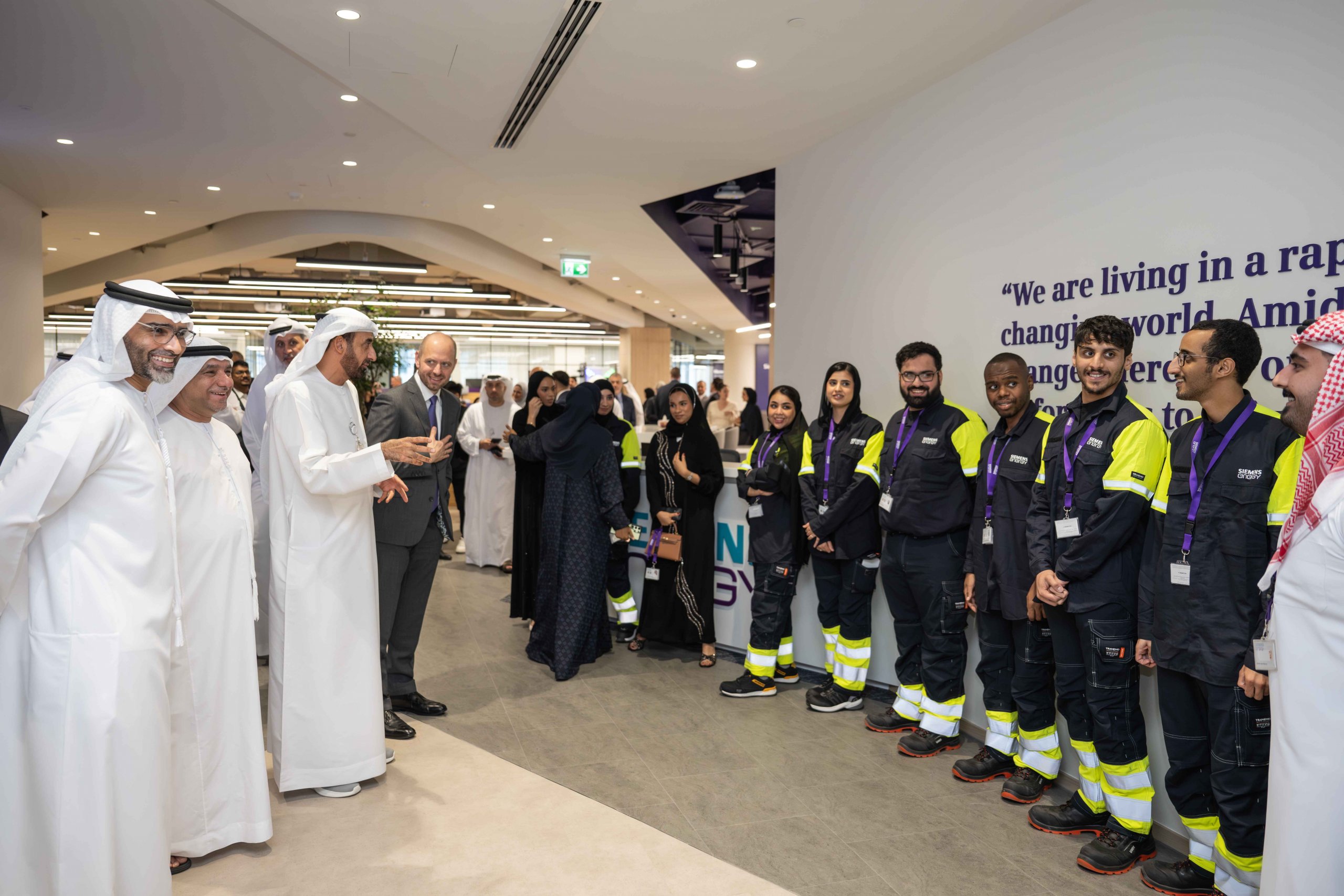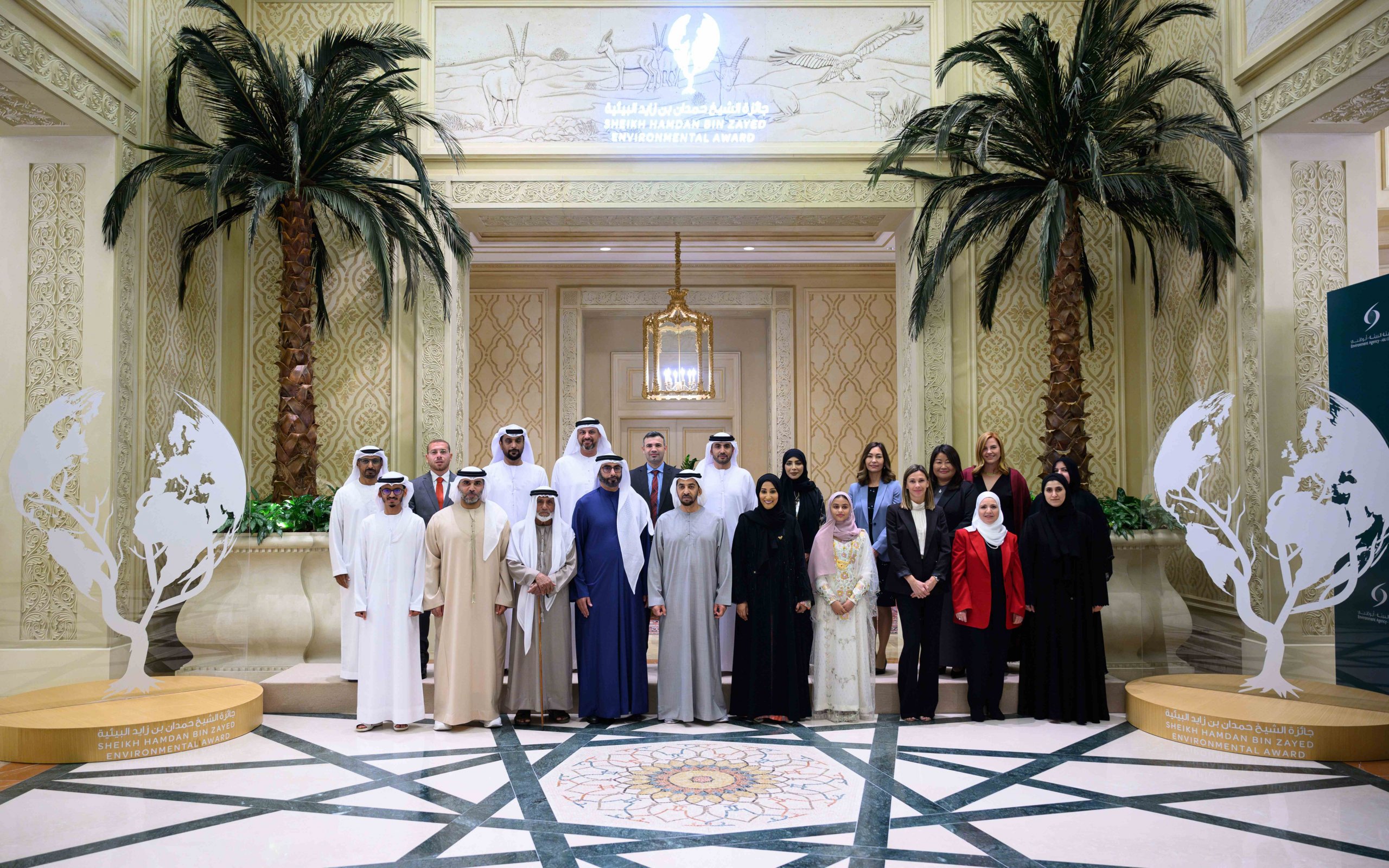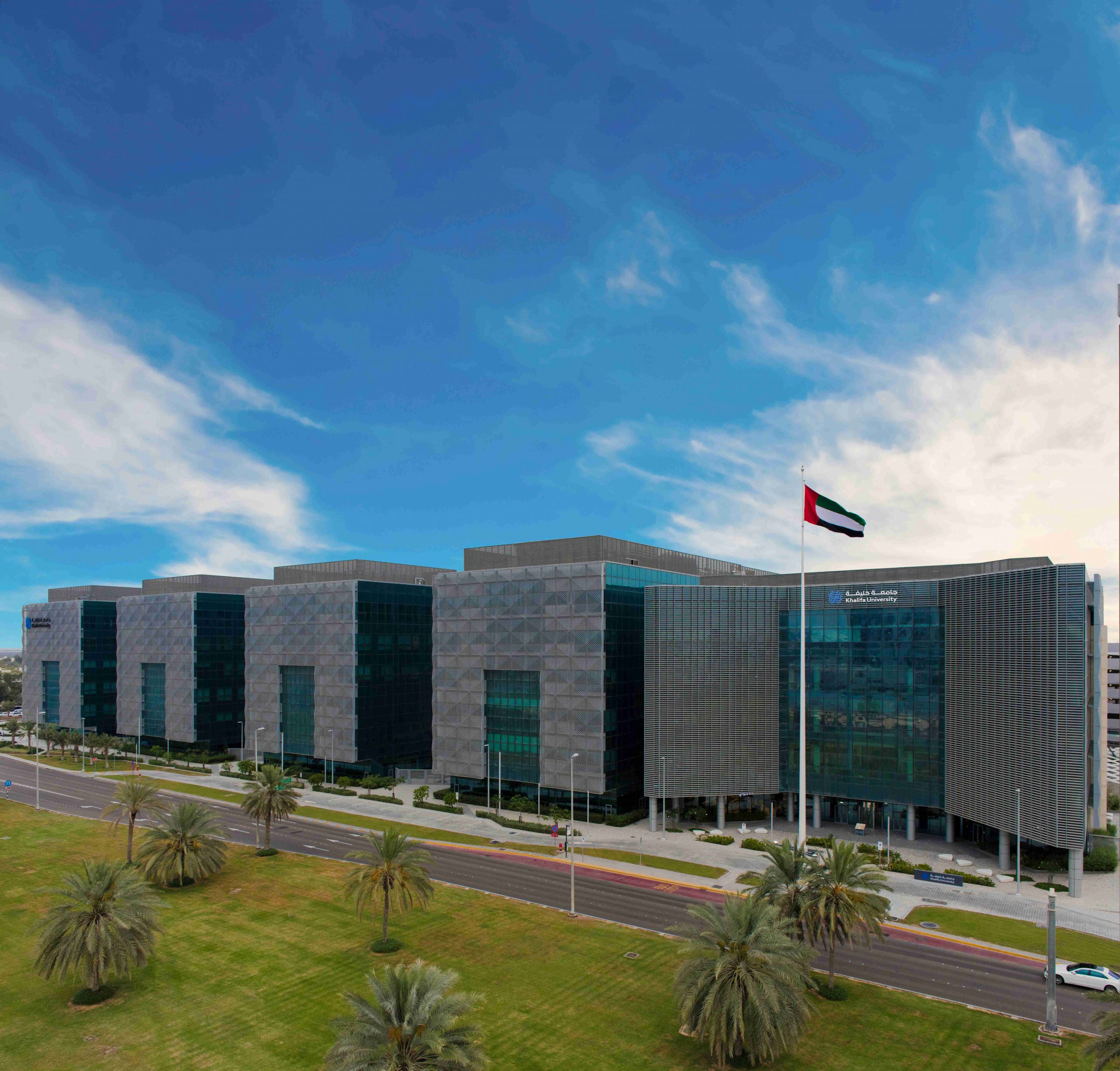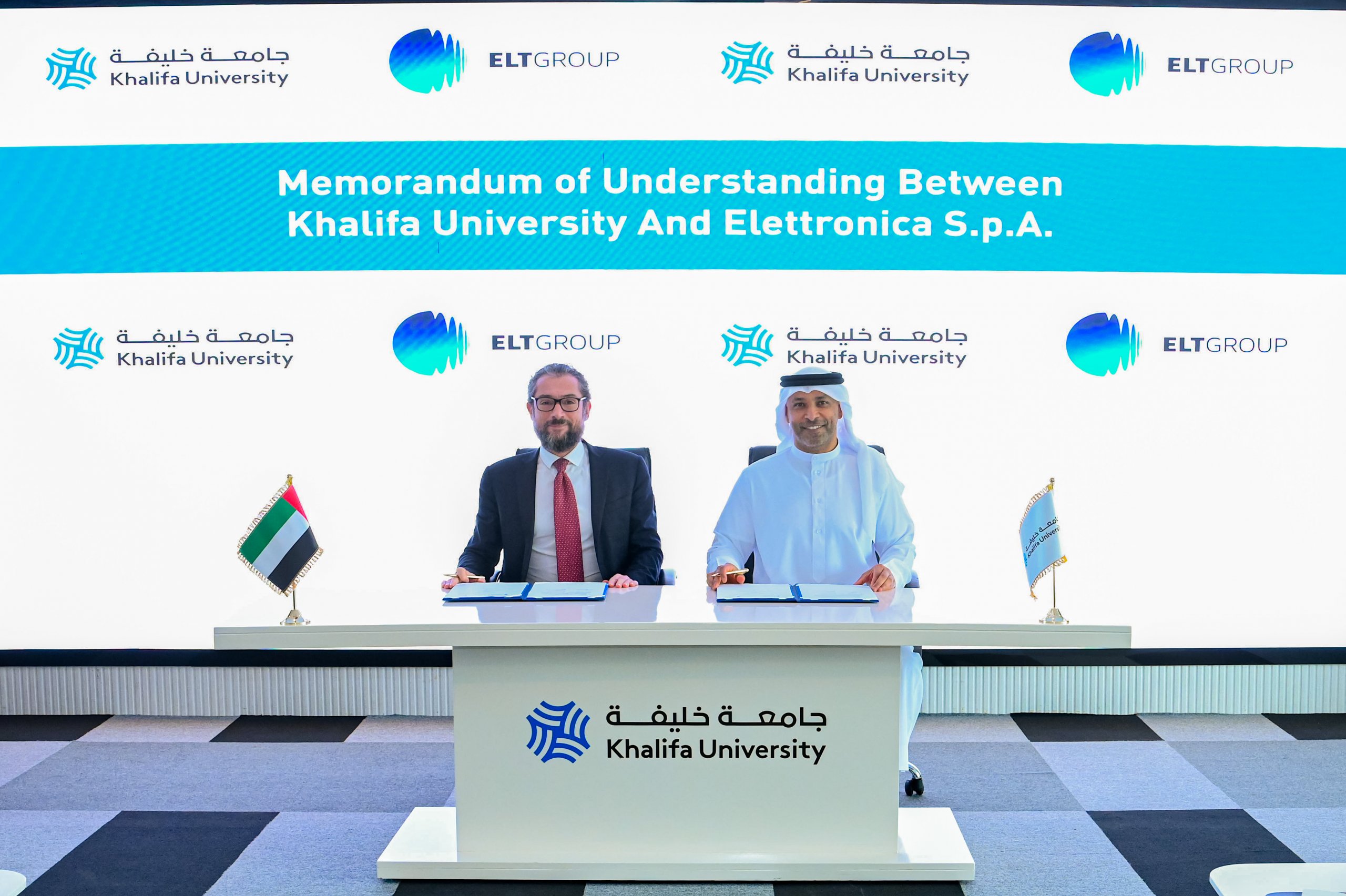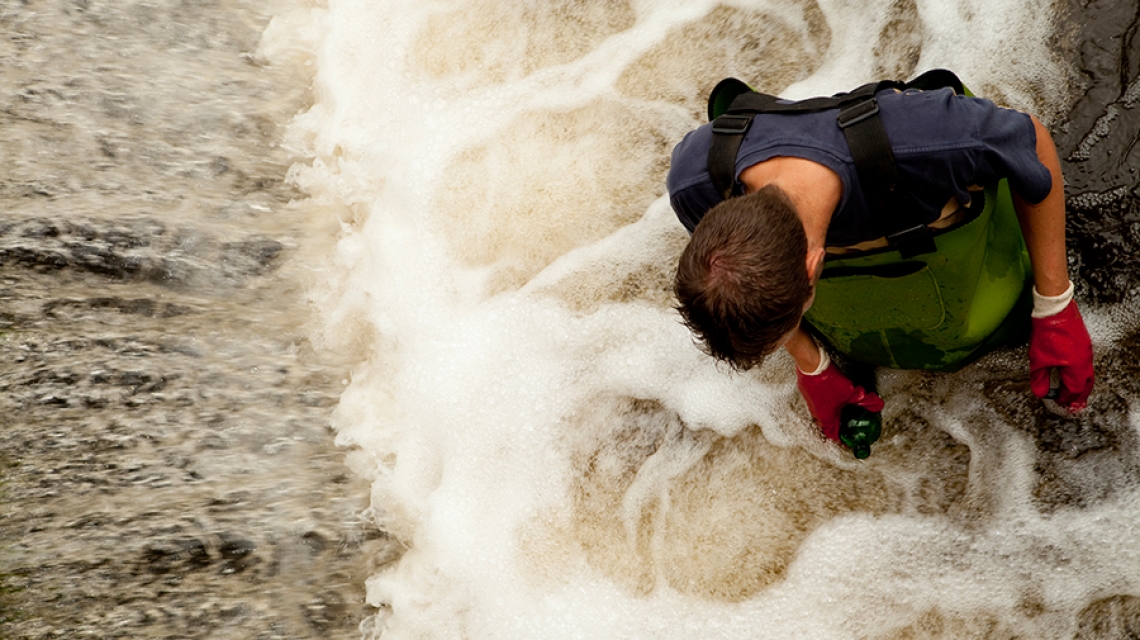
New Wastewater Treatment Technologies to Assist in Mitigating Energy, Carbon, and Environmental Footprint
Abu Dhabi-UAE: 15 January, 2013: Recycling and judicious reuse of treated wastewater offer a chance to meet development goals of arid regions such as the UAE while reducing energy, carbon, and environmental footprint, according to Dr Farrukh Ahmad, Associate Professor, Water & Environmental Engineering, Masdar Institute. Dr Farrukh Ahmad was speaking at a workshop titled “The role of Water Recycling and Water Re-Use in Arid Regions for Mitigating Water Scarcity” at the World Future Energy Summit 2013 that is being held from 15-17 January at the Abu Dhabi national Exhibition Center (ADNEC). The event is part of the Abu Dhabi Sustainability Week 2013 that is being organized under the patronage of His Highness General Sheikh Mohammed bin Zayed Al Nahyan, Crown Prince of Abu Dhabi and Deputy Supreme Commander of the UAE Armed Forces.
Several industry leaders, researchers and students in the areas of clean energy technology attended the workshop that aimed to raise public awareness on key regional issues related to treated wastewater reuse.
Highlighting the pioneering role being played by faculty researchers and students at Masdar Institute, Dr Farrukh Ahmad said: “Water reuse is a topic of critical importance to arid regions such as the UAE and the GCC, where there is little freshwater supply. Most of the water is reclaimed from the sea through desalination processes at a high energy, carbon, and environmental penalty.
Better techniques for monitoring reuse water quality can ensure the health of the local population. At the same time, better technologies for producing high quality water from wastewater treatment can bring intellectual capital to the region.”
Over the past year, Dr Farrukh Ahmad’s research group has worked with the Abu Dhabi Sewerage Services Company’s (ADSSC) Mafraq Waste Water (Sewage) Treatment Plant to conduct a year-round disinfection byproduct (DBP) characterization of their treated effluent and its risk evaluation in landscaping irrigation reuse. The study is already accepted for publication in the Journal of Water Reuse and Desalination, a peer-reviewed journal from IWA Publishing. It is scheduled for publication this year.
In addition, researchers from Masdar Institute are working with Mafraq WWTP to develop DNA-based pathogen detection methods and test them side-by-side with conventional microbiological methods utilized by the treatment plant. A third research project in the water reuse area focuses on developing technologies to remove micro-pollutants from treated wastewater.
Masdar Institute has already filed a technology disclosure in the US for new carbon nanotube – photocatalyst membranes that can bind organic micropollutants. These membranes can then be regenerated/renewed using photocatalytic activity.
Apart from the workshop on water recycling and re-use, a dedicated Masdar Institute stand is displaying the key water-related research projects, underscoring the importance of the first inaugural International Water Summit at ADSW 2013. As an independent, research-driven graduate-level university focused on advanced energy and sustainable technologies, Masdar Institute continues its endeavor for obtaining technology breakthroughs in various research areas including water, environment and health.
Serving as a key pillar of innovation and human capital, Masdar Institute remains fundamental to Masdar’s core objectives of developing Abu Dhabi’s knowledge economy and finding solutions to humanity’s toughest challenges such as climate change.
Established as an on-going collaboration with the Massachusetts Institute of Technology (MIT), Masdar Institute integrates theory and practice to incubate a culture of innovation and entrepreneurship, working to develop the critical thinkers and leaders of tomorrow. With its world-class faculty and top-tier students, the Institute is committed to finding solutions to the challenges of clean energy and climate change through education and research.


